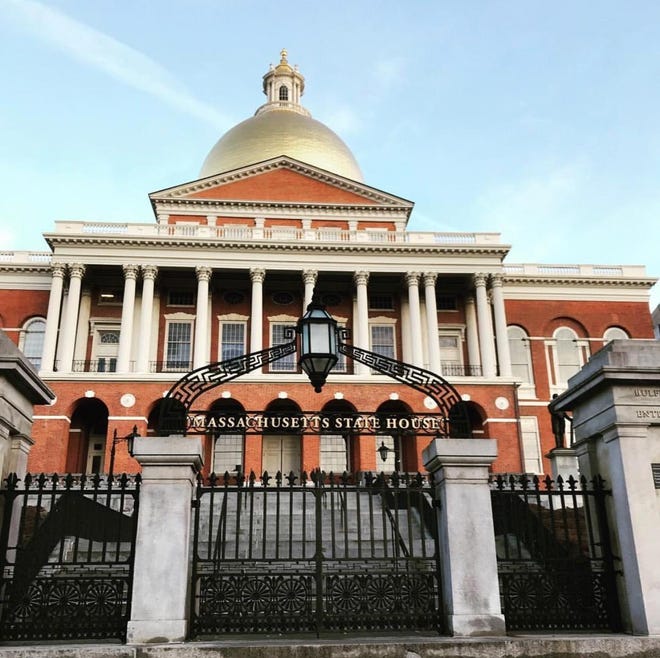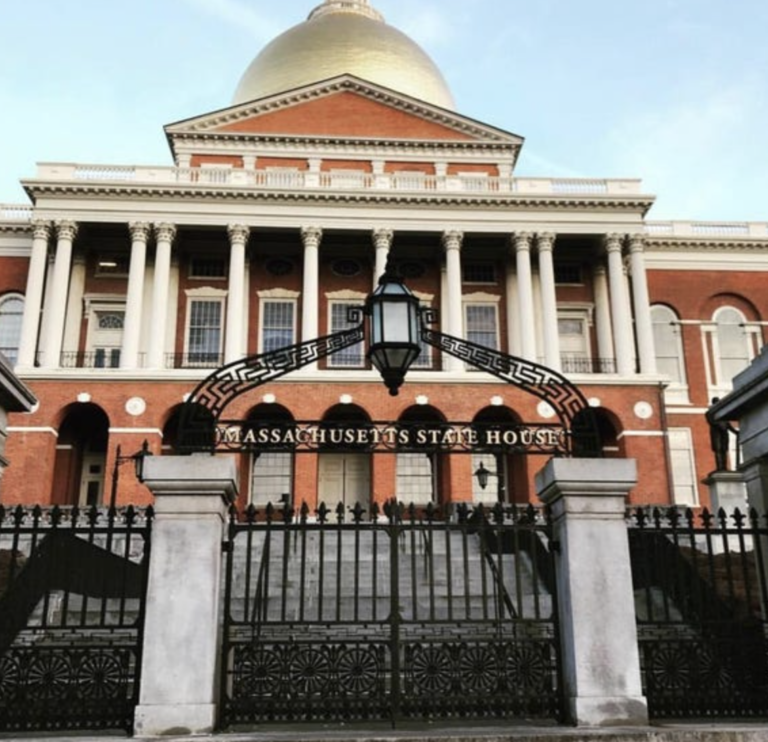O Jornal – Lurdes C. da Silva – Feb 16, 2022

BOSTON – Immigrant advocates are praising the Massachusetts House of Representatives for passing the Work and Family Mobility Act today by a vote of 120 to 36. The bill would allow undocumented immigrants to obtain state driver’s licenses.
“We cannot overstate our joy, pride and gratitude for today’s historic vote,” reads a joint statement released this by the leaders of the organizations co-chairing the Driving Families Forward Coalition, Brazilian Worker Center Executive Director Lenita Reason and 32BJ SEIU Vice President Roxana Rivera.
The Driving Families Forward Coalition is made up of 270 endorsers, including business associations, labor unions, immigrant advocates, faith groups and others.
The Work and Family Mobility Act was endorsed by the Massachusetts Major Cities Chiefs of Police Association, whose members lead two-thirds of the state’s total police force, as well as by Massachusetts Attorney General Maura Healey and a majority of the state’s District Attorneys and sheriffs, and dozens of individual chiefs in smaller towns and cities.
“The House passage of the Work and Family Mobility Act moves all state residents toward greater road safety, improved security, better public health and a more vibrant economy, while holding out the prospect of transformational change for undocumented immigrants across the Commonwealth,” added the coalition leaders.
Helena da Silva Hughes, president and CEO of the Immigrants’ Assistance Center (CAI) of New Bedford, said the driver’s licenses are right now probably the “number one issue” among immigrants.
“This does not affect hundreds, but thousands,” she said. “This is a huge victory.”
Although the measure is directly geared toward undocumented immigrants, Hughes said that in reality it will have an impact on so many other individuals.
“It impacts a lot of mixed-status families,” she said.Get the Inside Massachusetts Politics newsletter in your inbox.
Stay informed about the world of politicsDelivery: WedYour Email
A “mixed-status family” is a family whose members include people with different citizenship or immigration statuses.
“Many of our center’s clients are affected by this, including Portuguese clients,” she said.
The bill would require that individuals provide satisfactory documentation to obtain a driver’s license including proof of their identity, date of birth and Massachusetts residency. The new measure would apply to those who are unable to provide proof of lawful presence in the country, or who are ineligible for a social security number.
Individuals seeking a driver’s license would have to show at least two documents to verify their identification and eligibility.
A valid unexpired foreign passport or a valid unexpired consular identification could be an acceptable form of ID.
Another kind of identification could include a birth certificate, an unexpired driver’s license from any U.S. state or territory, a foreign driver’s license, a valid unexpired foreign national identification card or a marriage certificate issued in Massachusetts.
At least one of these documents must contain a photograph.
The Registry of Motor Vehicles would be required to come up with regulations about what kinds of documentation would be acceptable.
According to the bill, information collected in the course of the application for a Massachusetts motor vehicle registration, a Massachusetts license or a Massachusetts identification card shall not be a public record.
The bill also states that possession of a valid Massachusetts license or a Massachusetts identification card shall not be used as evidence of the holder’s citizenship, nationality or immigration status, or as the sole basis for an investigation, citation, arrest, prosecution or detention of the holder by a law enforcement agency.
“This bill is good for public safety and good for our economy. Immigrants need to drive to work, to school, to the doctor and to the grocery store without fear,” said Hughes. “It speaks volumes that the police chiefs endorsed it. Our community will be safer.”
The bill will now have to be approved by the Massachusetts Senate before heading to Governor Charlie Baker, who has expressed opposition to it.
“We won a battle, but not the war,” said Hughes. “The next level is to reach out to our senators and make sure we’ll have their support.”
If passed into law, Massachusetts would join 16 other states and the District of Columbia which already have similar laws.
The licenses would become available on July 1, 2023.


